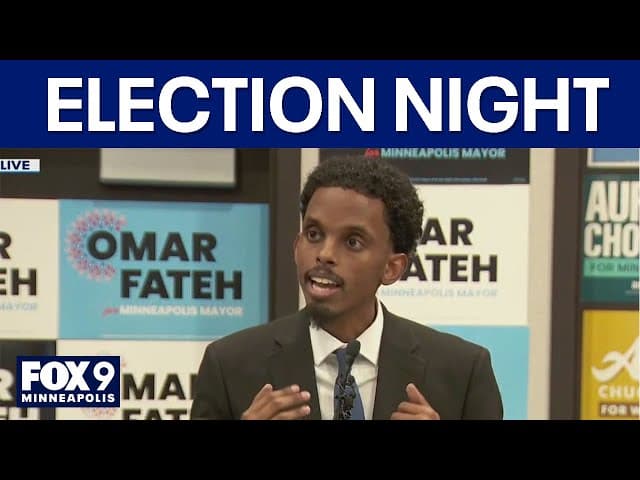Minneapolis Mayoral Race: Omar Fateh Loses by 6% as Somali TikTok Cites Inter-Clan Conflict

Minneapolis, Minnesota – State Senator Omar Fateh's bid for the Minneapolis mayoral office concluded with a 6-point loss to incumbent Mayor Jacob Frey in the November 4, 2025, election. The outcome has sparked significant discussion within the Somali community, particularly on social media platforms like TikTok, where viral videos attribute Fateh's defeat to "qabiil," or inter-clan conflict.
Mayor Jacob Frey secured a third term, winning 50% of the vote after ranked-choice tabulation, while Fateh garnered 44%. Fateh, a Democratic-Farmer-Labor (DFL) candidate, was initially endorsed by the Minneapolis DFL in July 2025, but this endorsement was later revoked by the state DFL due to procedural irregularities.
The term "qabiil" refers to a system of clan identity and loyalty deeply rooted in Somali culture, which can sometimes manifest as inter-clan divisions. According to the tweet, "Somali TikTok is awash with dozens of viral videos complaining that inter-clan conflict (known as qabiil) sunk Omar Fateh’s mayoral campaign in Minneapolis. A significant number of Somalis apparently voted against him due to his Somali clan." Discussions on platforms like Reddit further underscore the perception of qabiilism influencing local politics, with one user stating, "Minneapolis is a darood cesspit. They have exposed to us that qabil matters more than anything."
Fateh, the first Somali American and Muslim to serve in the Minnesota Senate, represents District 62. His campaign focused on progressive policies, including affordable housing and public safety reform. Despite his significant political presence and the large Somali-American population in Minneapolis, internal community dynamics appear to have played a role in the election's outcome, according to social media commentary.
The Minneapolis-St. Paul area is home to the largest Somali population in North America, making their political engagement increasingly influential. The allegations of qabiil impacting a major mayoral race highlight the complex interplay of ethnic identity and political processes within diaspora communities, raising questions about unity and representation.